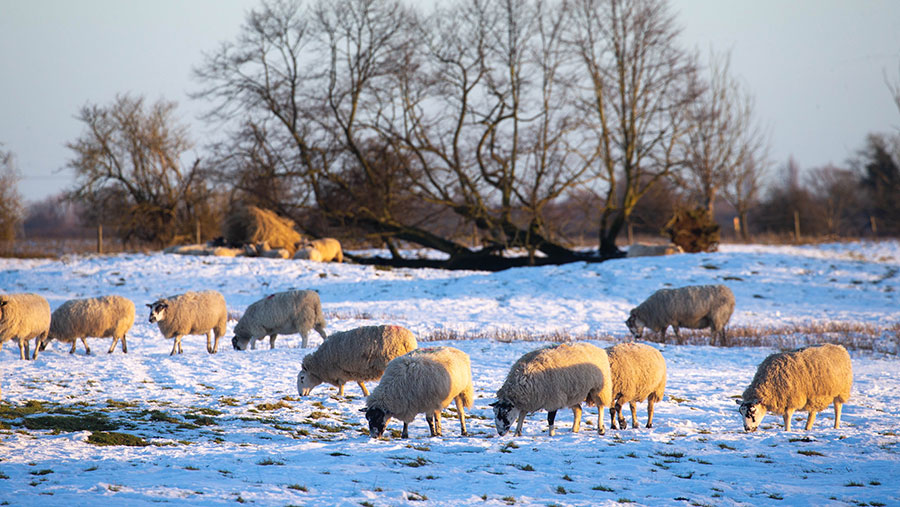Government must give clarity on ELM scheme, say lords
 © Tim Scrivener
© Tim Scrivener The UK government must provide immediate clarity on its Environmental Land Management (ELM) programme “to give certainty and confidence” to the farming community, according to members of the House of Lords.
Ongoing government uncertainty in the timetable and rollout of its ELM scheme is causing serious problems for effective land use in England, warns a new report.
See also: Land use framework ‘vital to balance needs of food and nature’
The uncertainty around the schemes and how they will work in practice is also a “significant barrier” to Defra achieving a high take-up of the new schemes among farmers, landowners and land managers.
These are among the key findings on ELM in the report – Making the most out of England’s land (PDF) – published on Tuesday 13 December by the cross-party House of Lords Land Use in England Committee.
The provision of access to these schemes for tenant farmers is still one of the greatest areas of concern, the report says.
This “dovetails” with recommendations made in the recent independent review of the agricultural tenanted sector, carried out by the Tenancy Working Group, chaired by Baroness Rock.
Access to advice
In addition, farmers and land managers “need much more support” to encourage suitably ambitious projects under ELM.
They also need greater support and access to good-quality advice, potentially through organisations such as the Farming and Wildlife Advisory Group.
“Supporting collaborative approaches and developing clear, financially attractive incentives to landowners and managers will be key to ensuring high take-up of ELMs,” says the report.
The committee requested an update on the ELM programme from Defra secretary Therese Coffey.
During correspondence in November, the minister said “the principles of ELM have been set out clearly. We continue to finalise our approach and will inform parliament and the public in due course”.
But the lords said Ms Coffey’s response “did not address the concerns we heard regarding uncertainty over ELM and how it will work in practice”, the report states.
Land use in England is facing a growing number of conflicting pressures and demands, including for food, nature, biodiversity, net-zero targets, housing, energy and wellbeing.
The UK government committed to creating a 2023 Land Use Framework for England in its Food Strategy document, published in June.
The lords believe there is now a “compelling” case for the government to set up a Land Use Commission as an independent, statutory public body, arguing that the commission should prepare and update the Land Use Framework as part of its role.
A multifunctional approach to the land, with multiple benefits being achieved in the same place, must be an essential component of the Land Use Framework, said the lords.
The framework should also “seek to help balance food production with other emerging land use needs”.
Response to report
Commenting on the report, Lord Cameron of Dillington, chairman of the Land Use in England Committee, said: “Throughout this inquiry we repeatedly heard evidence that showcased the need for guidance and clarity in the form of an overarching framework to assist farmers, landowners and land managers to make the most effective use of their land.”
Sue Pritchard, chief executive of the Food, Farming and Countryside Commission, welcomed the report.
She urged the government to “pay close heed to its proposals” to get better value for money for the public and meet its own environmental targets.
“A Land Use Framework – a key recommendation – could enable governments to work together to resolve many problems, happening all over the country,” Ms Pritchard added.
